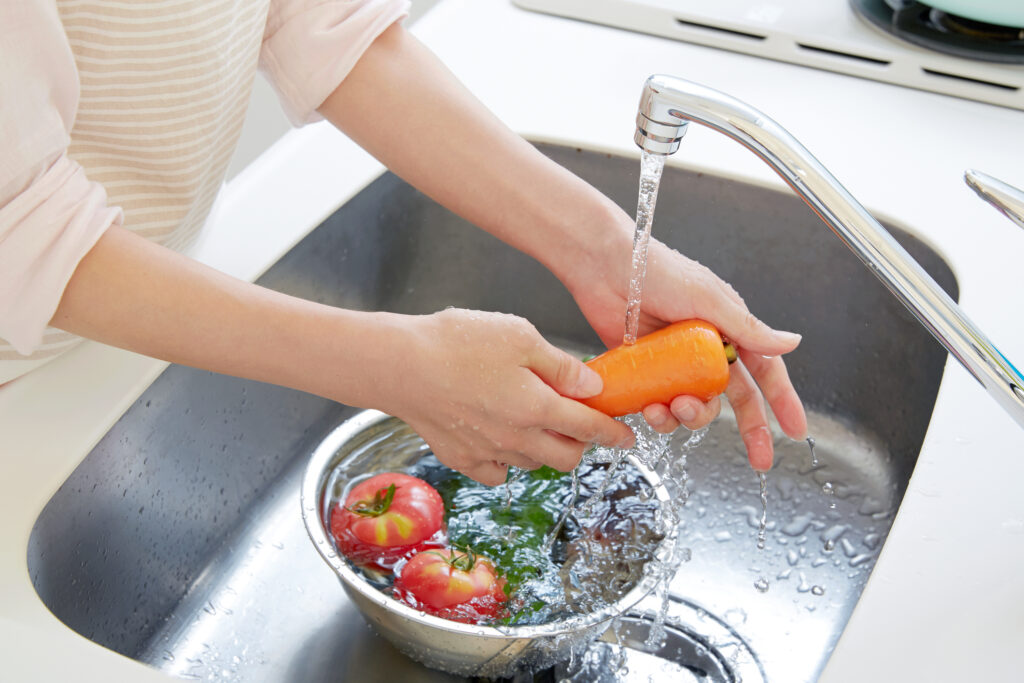
Everyone deserves reliable access to clean drinking water. If you feel your Madison home’s water isn’t up to par, you may be rushing to schedule water softening services. However, it’s crucial to consider the pros and cons of water softening to determine if it’s the right solution for you.
While water softening has many benefits, there are also some important setbacks to consider before installing the device in your plumbing system. Here, Avid Plumbing discusses water softener systems and their pros and cons so you can make an informed decision about whether it’s right for you.
How Does a Water Softener Work?
A water softener system is designed to remove minerals such as calcium and magnesium from water. When water travels through the ground, it picks up these trace minerals, making it “hard.”
A water softener device features a bed of resin beads that hard water passes through; the minerals latch onto the resin beads and are swapped with salt molecules before the water flows out to be used. This device also features a brine tank that periodically flushes the water softener device and recharges the resin beads with salt. The salt used in this device can be in the form of pellets, crystals, or blocks.
4 Pros of a Water Softener
There’s no denying that water softeners provide a range of benefits people will notice immediately. Some perks of installing a water softener in your home include:
- Less residue: The minerals in hard water build up in your plumbing system, leaving a scaly residue on household appliances; softened water keeps your appliances, dishes, and more clean.
- Plumbing efficiency: Scale buildup results in less efficient appliances, so softened water will inevitably improve your appliances’ functionality.
- No odor: Water softeners remove the minerals in hard water that can produce sulfurous or other off-putting smells.
- Soft skin and hair: Soft water does less damage to your skin and hair, adding more nourishment and shine.
4 Cons of a Water Softener
Before purchasing a water softener, it’s good to familiarize yourself with some potential downsides of water softening systems, which include:
- Increased sodium levels: While sodium is an essential daily mineral, too much can be harmful, leading to health problems, including high blood pressure and a greater risk of heart disease.
- Potentially higher utility bills: During the water softening process, you can lose up to 120 gallons of water per 1,000 gallons. For homeowners who pay water bills, you may notice a rise in your monthly costs.
- Harmful elements: A water softener can also pick up unwanted elements from corrosion in your piping, such as lead, which can be harmful to your health when consumed.
- More maintenance: Like any other plumbing device, a water softener requires routine maintenance to function reliably year-round.
Schedule Water Softener Services
If you choose to install a water softener after weighing the pros and cons, the Avid Plumbing team can help. We’re a leader in plumbing services in Madison, and we’re committed to prioritizing the health and well-being of our community.
We offer same-day services with fully stocked trucks, competitive and honest pricing, and a minimum one-year labor and material warranty for your benefit. We also provide 24-hour plumbing emergency services for issues that must be addressed immediately. Our trusted and experienced technicians are eager to improve your home’s water with expert services.
Let Avid Plumbing handle your water-softening needs. Schedule an appointment online or call our team today.
